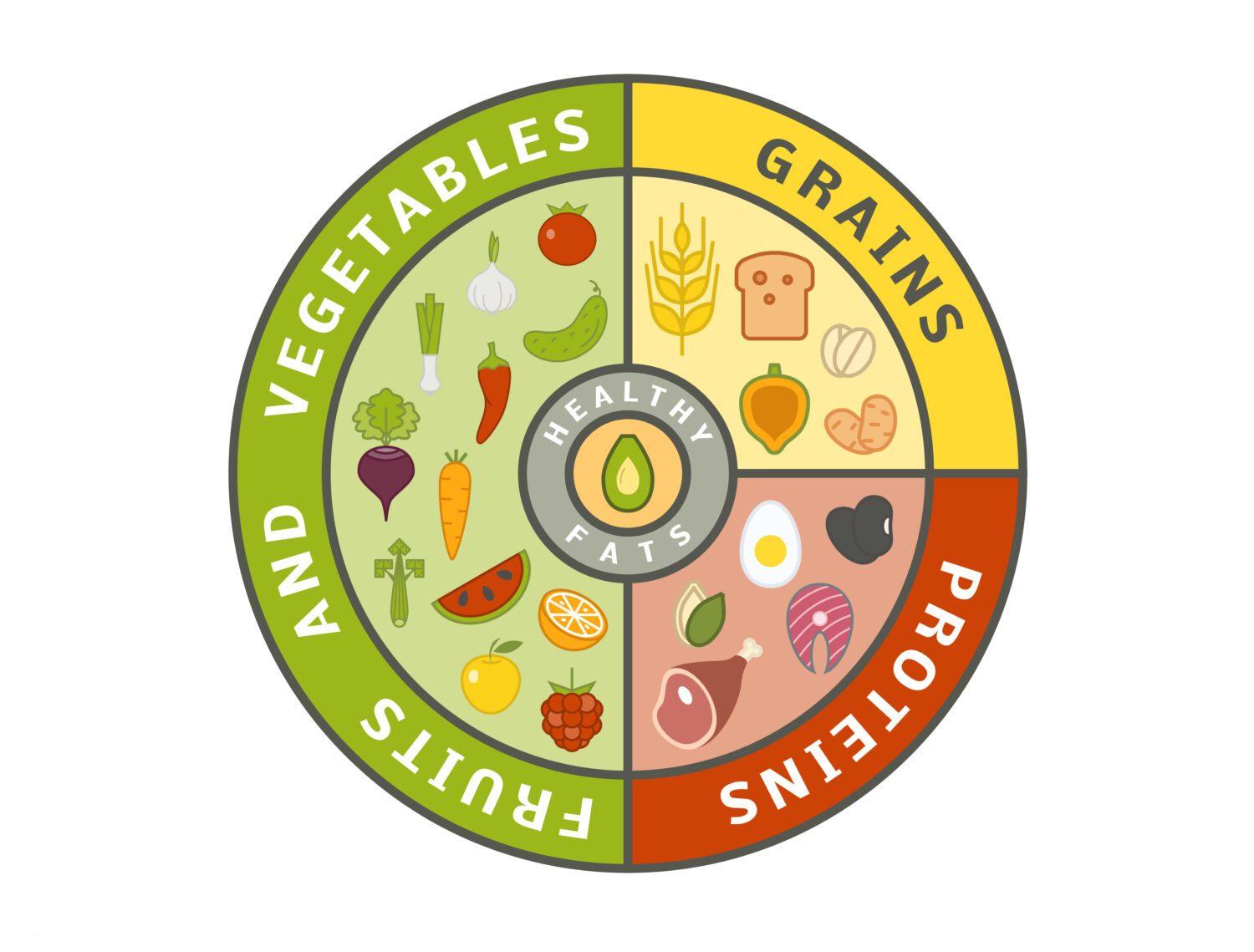Conscious Nourishment: A Different Approach to Healthy Eating
In a world obsessed with quick fixes and fad diets, the concept of conscious nourishment is a refreshing alternative. Unlike conventional dieting, which often focuses solely on the external aspects of weight loss, conscious nourishment delves deeper into the interconnected realms of your mind, body, and soul.
What is Conscious Nourishment?
The essence of conscious nourishment lies in mindful eating—a practice that encourages us to be present and attentive during meals. By savoring each bite, you not only enhance your sensory experience but also develop a profound connection with the food on your plates. This approach emphasizes quality over quantity, fostering a healthier relationship with the act of nourishing your body.
Gone are the days of restrictive meal plans and calorie counting; conscious nourishment invites you to celebrate the diversity of nutrient-rich foods. It encourages a colorful, balanced plate filled with a variety of fruits, vegetables, lean proteins, and whole grains. This approach honors your body’s natural signals, promoting fullness without overfilling and reducing the likelihood of unhealthy cravings.
Beyond the physical aspects, conscious nourishment acknowledges the impact of your food choices on your mental and emotional well-being. Research suggests there is a strong link between the gut and the brain, emphasizing the importance of a nourishing diet for a person’s mental health. By choosing foods that support brain function and emotional balance, you are making a conscious effort to not just eat well but to also improve your entire well-being.
Ways to Implement Conscious Nourishment into Your Life
Here are some practical ways to implement conscious nourishment into your daily life, fostering a healthier relationship with food.
- Mindful Eating: Slow down and savor each bite. Pay attention to flavors, textures, and how your body responds. Mindful eating helps you recognize true hunger and fullness signals, promoting a balanced relationship with food. Try to eat without distractions so you can focus on yourself. Eating in front of the TV or scrolling on your phone can cause you to ignore feelings of satiety and also miss out on the sensory aspects of your meal.
- Intuitive Eating: Listen to your body’s cues. Eat when you’re hungry, and stop when you’re satisfied. Trust your body to guide you in making food choices that align with your unique needs and preferences. Intuitive eating means altering your perspective so you stop looking at food as “good” or “bad.” Instead, you listen to your body and eat what feels right for you.
Sometimes, particularly for people recovering from an eating disorder, really taking in what’s on your plate and focusing on all the benefits of food instead of seeing them as the enemy can be very beneficial in changing your mindset around food. Take a sandwich for example. Instead of seeing a math equation of calories and fats, think about how the healthy carbohydrates fuel your exercise, the lean protein helps build your muscles, and the vitamins in the veggies nourish multiple areas of your body and aid in recovery.
- Meal Planning with Purpose: Plan meals that align with your nutritional goals and preferences. This helps you make intentional choices while avoiding the stress and guilt associated with rigid diets.
- Balanced Plate Approach: Aim for a variety of colors and food groups on your plate. Incorporate lean proteins, whole grains, healthy fats, and a rainbow of vegetables and fruits to ensure a well-rounded and satisfying meal.

- Cooking as Self-Care: Engage in the process of preparing your meals. Cooking can be a therapeutic and enjoyable activity, fostering a deeper connection to the food you eat, much more so than if you eat out all the time.
- Listen to Your Cravings: Cravings are often your body’s way of signaling specific nutrient needs. Instead of ignoring them, explore healthier alternatives that satisfy your cravings in a balanced way.
- Seek Professional Guidance: Consult with a registered dietitian or nutritionist for personalized advice. They can help you navigate your individual nutritional needs and guide you towards sustainable, long-term health.
More Than What You Eat
Conscious nourishment extends beyond your dinner table, influencing mindful lifestyle choices. Things like maintaining adequate hydration, participating in regular physical activity, and making sure you get sufficient sleep. These healthy habits complement the nourishing journey, creating a harmonious synergy that promotes your overall health.
In contrast to diet fads that come and go, conscious nourishment is a sustainable lifestyle. It isn’t about deprivation or rigid rules; instead, it encourages a gradual shift towards healthier choices that align with your individual needs and preferences. This approach empowers you to make informed decisions about your well-being, fostering a sense of control and self-awareness.
As you navigate the complexities of life, conscious nourishment serves as a guiding light, reminding you to approach your meals with intention and gratitude. Embrace your mind-body connection. This will help you cultivate a profound understanding of the role nutrition plays in your overall health and happiness. Bid farewell to the era of diets and welcome the era of conscious nourishment—your journey towards a more vibrant, balanced, and fulfilled life.

CMC is Here for You!
Conway Medical Center offers Outpatient Nutrition Services for patients struggling with their health. If you have been prescribed a special diet by your physician or if you want to learn more about healthy eating, CMC has the tools to help you build healthier eating habits and make better choices for your nutrition.
Our registered dieticians are here to help you. They will guide you with individualized medical nutritional therapy tailored to your age and your specific nutritional needs.
How do I get started with a dietitian?
A physician’s order is required to schedule an appointment with CMC Outpatient Nutrition Counseling Services. If you do not have a primary care provider, you can locate one above.
When you meet with your primary care provider, you can request a referral into our program. Your primary care provider can fax the physician’s order to 843-234-5016.
Please also submit your insurance card/information so we can determine if nutrition counseling is covered under your insurance plan and advise you of any co-payment or payment that will be needed. If you need to contact our Central Scheduling Department, the direct line is 843-234-5474.




